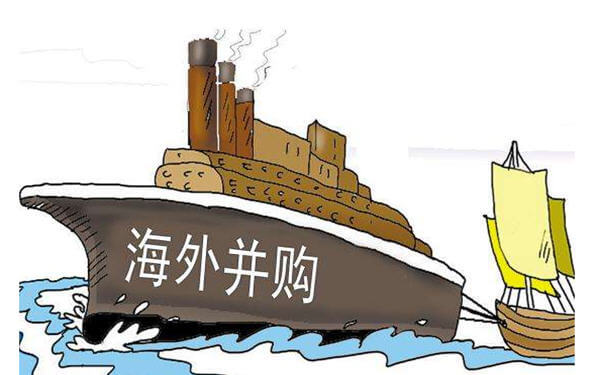
There is more talk now about Chinese businesses selling assets overseas, rather than buying them. Conglomerates, notably Anbang and HNA, are being pushed by regulators and creditors to unwind holdings, attracting interest from hedge funds and private equity firms on both sides of the Pacific.
Assets talked about by analysts as potentially being up for sale range from Ingram Micro, a California-based distributor of IT parts for which HNA paid $6bn 18 months ago, to luxury hotels in the US and stakes in various European financial institutions. Last year, Chinese acquisitions overseas fell 30 per cent compared with the previous year. Yichen Zhang, head of private equity fund Citic Capital, believes that the figure could drop further this year.
Yet it would be a mistake to believe that the mega-purchases of the recent past will completely reverse. But the buyers will change. In the past, the companies that most often paid eye-watering prices for offshore transactions often did so without the backing of Beijing. Going forward, the flow of money leaving China to acquire international assets is likely to happen only with the explicit support of Beijing. It is clear that the current regime regards private enterprise with distrust, which means that it will be entities linked to the state sector that will make up the next wave of Chinese outbound mergers and acquisitions.
Offshore mergers are more likely than ever to be led by the politically connected. Beijing-based Legend, whose original focus was largely on personal computers, bought Bank of Luxembourg last year. Analysts say the group has the right political connections to make such deals. Compare that with the fate of German bank HSH Nordbank, one of the banks at the top of Anbang’s wish list in better times for the group, which was sold to JC Flowers and Cerberus in February.
This year, international acquisitions are also likely to involve more indirect deals, where Chinese investment firms use associated mainland companies in which they have stakes to buy shares in offshore companies. For example, Citic Capital-backed Harbin Pharmaceutical recently took a 40 per cent stake in nutritional products maker GNC in the US.
Indeed, 2018 could see even larger deals than in the past, because the acquirers are more likely to be deep-pocketed state-owned enterprises whose activities are part of Beijing’s global agenda such as the Belt and Road Initiative.
One of the more interesting situations could involve the banking sector. Citic China Bank had considered a bid for Standard Chartered Bank in 2015, according to several people with knowledge of the plan on both sides. There was even talk of a potential structure for the deal, which could have been struck in three stages to deal with concerns of Singapore-based investment group Temasek, which owns a 20 per cent stake in the bank, over price.
People familiar with the matter said the structure would have allowed Temasek to benefit from a rise in share price on the news that Citic was taking a small minority stake — allowing it to then sell at higher prices. This seems similar to the structure used when Temasek announced it would sell Bank Danamon in Indonesia to Mitsubishi UFJ last year. The deal was attractive to Citic because Standard Chartered is one of three note-issuing banks in Hong Kong along with HSBC and Bank of China. Standard Chartered declined to comment. Citic was not immediately available to comment.
But before the proposal made its way to the board of Standard Chartered, and complicated internal issues could be resolved, the stock market plunged, Citic group as a whole fell under a cloud, and the proposed deal was abandoned.
Could the transaction come back? Standard Chartered’s share price has recovered dramatically from its lows, but it still faces regulatory issues in several jurisdictions. The climate for such bold initiatives is also less favourable given big changes in the Chinese officials overseeing the financial sector. But at the same time some market observers see reasons why a deal would still make sense. The footprint of Standard Chartered matches the footprint of Belt and Road. Speaking in Hong Kong at the end of March, chief executive Bill Winters told the FT that Standard Chartered would be far more expensive today than back in 2015, but added that a bid from a Chinese bank would not surprise him.
The figures do not show it yet, but China’s ambitions on the global corporate stage have not gone away. If anything, they could result in a bigger presence for China’s new champions beyond its borders.
Source: FT.com